Photographs: Reuters. Vinayak Kanvinde
You can use your mobile to transfer money from your bank account to another.
Last week, several large banks have started offering this service with the help of a government body, National Payments Corporation of India (NPCI). The writer is portfolio manager, Right Horizons....
Now, transfer money by sending an SMS!
Image: Money transfer via SMS.The transfers are done by using short message service (SMS).
Until now, the transfer of money through mobile phones was possible only if both the sender and the receiver held accounts with the same bank.
Now, transfer money by sending an SMS!
Image: A man withdraws money frm ATM.As of now, seven banks, including HDFC Bank, ICICI Bank, Axis Bank and State Bank of India, have gone live with the system.
Seven more banks are in the process of activating the service and 22 others are expected to join the network soon.
Now, transfer money by sending an SMS!
Image: A text message to transfer cash.The part that requires getting used to is formatting of text message. There are pre-defined text message formats that you need to type while transferring money.
Now, transfer money by sending an SMS!
Image: Fastest way to transfer cash.This is also the fastest mode of transferring money at present. NPCI claims the transaction would be done in 15-20 seconds.
The service eliminates a person directly handling cash while saving on transaction costs and time.
Now, transfer money by sending an SMS!
Image: Banks are offering this service for free.For internet-based fund tranfers, most of the bank levy around Rs 5 each transaction for amount up to Rs 1 lakh.
Now, transfer money by sending an SMS!
Image: Transactions to be cost effective.The total cost of completing the transaction depends on charges for sending the text message and the fee bank will apply for each transaction.
Your bank may also charge you fee, either one-time or annually to avail this service.
Now, transfer money by sending an SMS!
Image: Transfer up to Rs 50,000 in one day.Using this service, you can transfer up to Rs 50,000 each day, according to the Reserve Bank of India's guidelines. The norms also state that transactions up to Rs 1,000 does not require encryption.
Now, transfer money by sending an SMS!
Image: A secure transaction.NPCI's platform act as intermediary between sender's and receiver's bank.
Bankers claim that this system is foolproof and secure because all it involves from the sender's end is a text message in defined format.
Now, transfer money by sending an SMS!
Image: A useful service for all.Photographs: Reuters.
At the moment, few banks are ready to roll out the services to their customers.
As more banks offer this service, a person can use this system for smaller-ticket size transactions like monthly payments to maids and drivers.
It would also save on frequent trips to the bank for deposit and withdrawal.
However, the system's success would depend on its eventual ease of transaction capability, its promise of a transaction in real time.

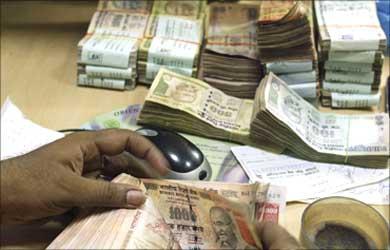

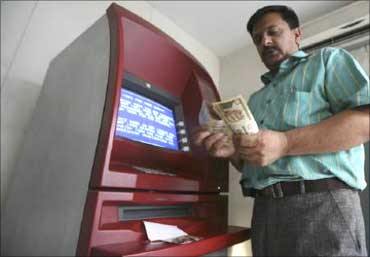
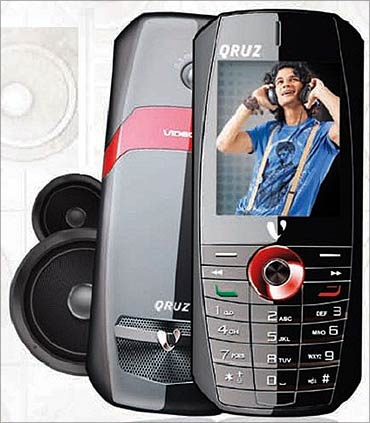
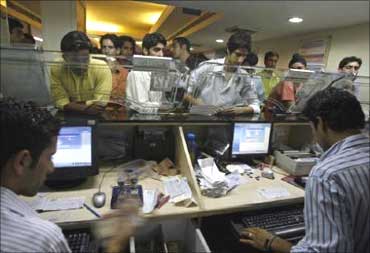
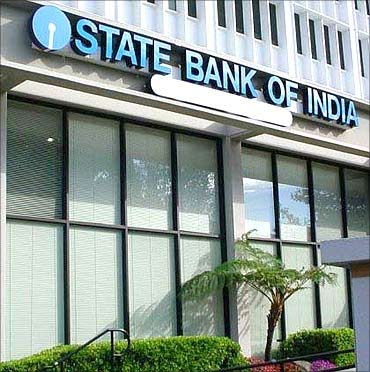
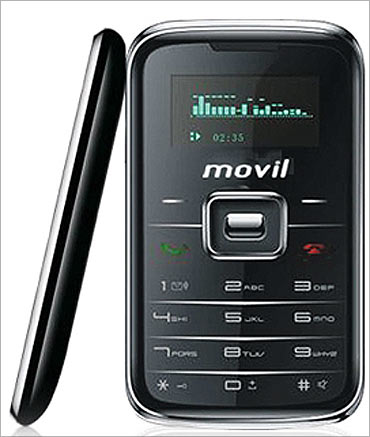
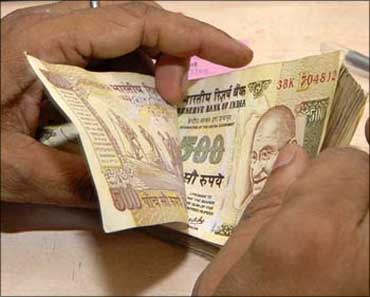

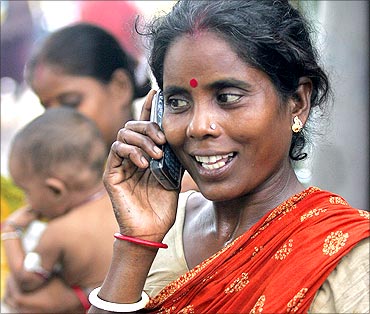

article